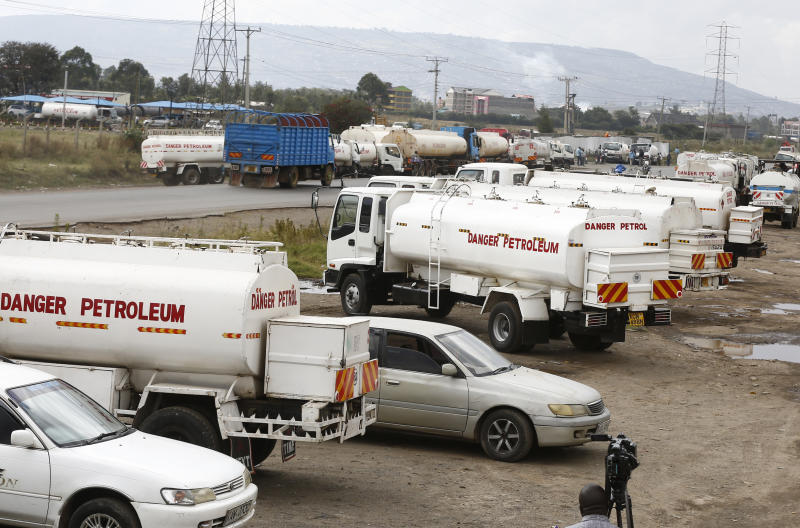×
The Standard e-Paper
Kenya’s Boldest Voice

The imposition of Value Added Tax (VAT) on petroleum products has meant that independent dealers pay an extra Sh14 for a litre of super petrol due to their non-affiliation to big petroleum brands.
Depending on the capacity of the tanks at their outlets, this has translated into hundreds of thousands and even millions of shillings.